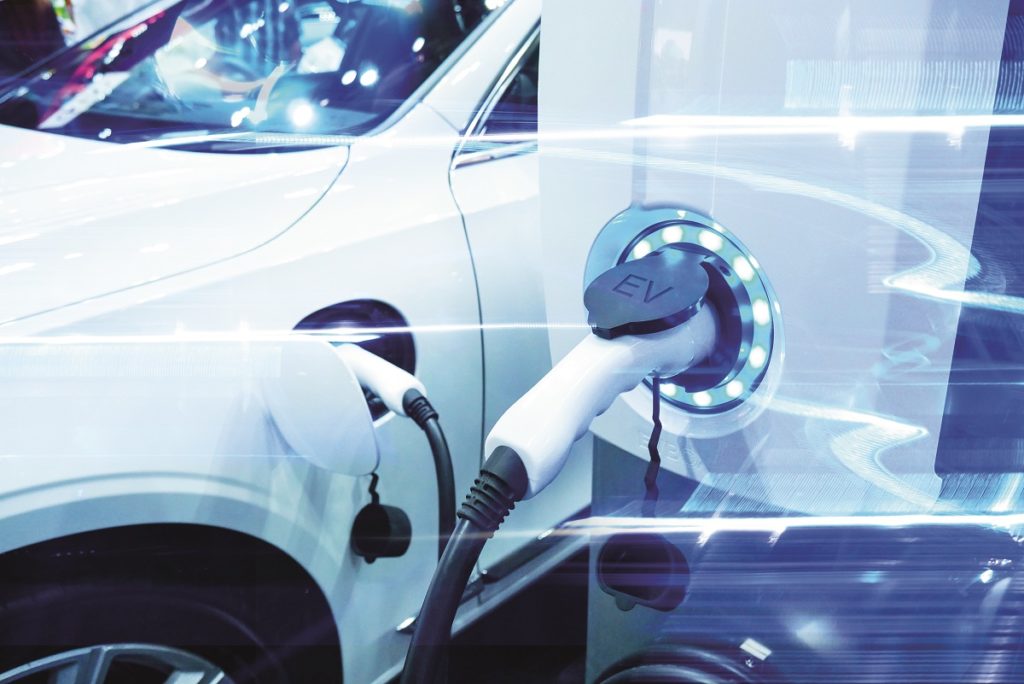On the 11 March 2020, the Chancellor, Rishi Sunak, delivered his first Budget.
An outline of some of the key announcements included within his speech are set out below.
COVID-19, Emergency Support for Businesses
A raft of measures have been announced to help with employment costs and tax payments amid the COVID-19 crisis.
Click here for more information.
Personal Tax Measures
Tapered Annual Allowance and Pension Changes
The Chancellor announced changes to the legislation relating to the unpopular tapered annual allowance rules and a reduction in the minimum tapered annual allowance to £4,000. This means that whilst the new measures should now only impact on the very highest earners the problem still remains.
Click here for detailed information on how this might affect you.
Income Tax Allowances
The personal allowance will remain at £12,500 and the higher rate tax threshold at £50,000 for the 2020/21 tax year. The thresholds will be increasing in line with the Consumer Prices Index in subsequent tax years.
Capital Gains Tax
The CGT Annual Exemption increases from £12,000 to £12,300 for individuals and personal representatives and £6,150 for trustees of settlements with effect from 6 April 2020.
National Living Wage
From April 2020 the National Living Wage will rise by 4.9% from £8.21 to £8.72.
The rate for 21 -24 year olds will increase from £7.70 to £8.20
The rate for 18 -20 year olds will increase from £6.15 to £6.45
The rate for 16 -17 year olds will increase from £4.35 to £4.55, and
The apprentice rate will rise from £3.90 to £4.15.
Future increases are planned.
Homeworkers
With effect from 6 April 2020 the maximum flat rate income tax deduction available to employees to cover additional household expenses increases from £4 per week to £6 per week where they work at home under homeworking arrangements.
Individual Savings Account (ISA)
The annual subscription limit for Junior ISAs and Child Trust Funds for 2020-21 will be increased from £4,368 to £9,000. The adult ISA annual subscription limit will remain unchanged at £20,000.
Reporting Capital Gains on UK Residential Property Disposals within 30 Days of Completion
As previously announced, for exchange of contracts taking place on or after 6 April 2020, HMRC require online reporting and payment of Capital Gains Tax (CGT) within 30 days of completion.
Reporting is only required where there is CGT chargeable. It follows that where the disposal is on a no-gain/no-loss basis (most commonly between spouses or civil partners) or the gain is fully covered by main residence relief, no reporting is required.
The final period exemption, which allows main residence relief for the final period of ownership whether occupied or not, is reduced from 18 to 9 months.
Stamp Duty Land Tax
Non-UK residents purchasing residential property in England and Northern Ireland after 1 April 2021 will pay an additional 2% surcharge.
VAT
From 1 January 2021, a zero rate of VAT will apply to women’s sanitary products.
A zero rate of VAT will also apply to all e-publications from 1 December 2020, meaning that e-books, e-newspapers, e-magazines and academic e-journals will be entitled to the same VAT treatment as their physical counterparts.
Business Tax Measures

Entrepreneurs’ Relief
The government announced a reduction in the lifetime limit on qualifying gains eligible for Entrepreneurs’ Relief from £10 million to £1 million, with effect from 11 March 2020. Anti-forstalling arrangements entered into before 11 March 2020 may be caught in circumstances where delayed completion transactions have been undertaken before Budget Day or certain arrangements of share disposals. If you think you may be affected please get in touch.
Research & Development Tax Credits
The government will support and encourage investment in research and development by increasing the rate of Research & Development Expenditure Credit from 12% to 13% from 1 April 2020.
The introduction of the PAYE cap on the payable tax credit in the SME R&D schemes will be delayed until 1 April 2021.
VAT
It has been confirmed that the implementation of the VAT domestic reverse charge for building and construction services will be delayed until 1 October 2020.
Off-payroll Working
Following a review of the special rules applicable to personal service companies (commonly known as IR35), the government has confirmed that responsibility for assessing worker status and applying the off-payroll working rules will sit with private and third party sectors for those working for large and medium businesses. The reform will be legislated in Finance Bill 2020 and will be implemented on 6 April 2020.
Employment Allowance
The employment allowance has been increased from April 2020 and will now provide businesses and charities with up to £4,000 off their employers NICs bill.
National Insurance
The National Insurance Primary Threshold and Lower Profits Limit, for employees and the self-employed respectively, increases to £9,500 from April 2020. For the first time in a number of years, the secondary threshold is not increasing at the same level and will be £8,788.
The government also confirmed its commitment to introduce a National Insurance holiday for employers of veterans in their first year of civilian employment. A full digital service will be available to employers from April 2022, with transitional arrangements introduced which will effectively enable employers of veterans to claim this holiday from April 2021. The holiday will exempt employers from any NICs liability on the veteran’s salary up to the Upper Earnings Limit.
Structures and Building Allowances
From April 2020 the structures and building allowance (SBA) rate increases from 2% to 3%. The SBA rate is the annual rate of capital allowances available for qualifying investments in constructing new, or renovating old, non-residential structures and buildings.
Company Cars and Company Vans, Benefit in Kind

As previously announced in July 2019, for most cars first registered from 6 April 2020 the company car tax percentages have been reduced by 2%. The company car tax rate is the percentage applied to calculate the benefit in kind and is based on the carbon emissions of the vehicle. Rates will return to planned levels over the following two years, increasing by 1% in 2021-22 and a further 1% in 2022-23. Rates will then be frozen until 2024-25.
From 6 April 2020, fuel benefit charges and the van benefit charge will increase in line with CPI.
Capital Allowances
From April 2021, the 100% first year allowances (FYA) for zero emission cars has been extended for four years.
Cars with CO2 emissions up to 50g/km will be eligible for writing down allowances (WDA) at the main rate (18%). Cars with CO2 emissions exceeding 50g/km will be eligible for WDAs at the special rate (6%).
Zero Emission Vans
From April 2021, where an employee is provided with a zero emissions van there will be no benefit in kind. It looks like electric only vans may be the way to go if you are changing your van in a year’s time.
Fuel Duty
Surprisingly, fuel duty is frozen for the tenth year in a row.
Red Diesel
The current tax reliefs relating to the use of red diesel will be removed except for agriculture, fish farming, rail and non-commercial heating. This will impact on the operations of pleasure craft in particular. Detailed new measures are to follow and for those clients affected we will be in contact with further information.
And finally….

Sin Taxes
In regards to sin taxes, the only tax increasing is tax on tobacco, so taxes on beer, wine, spirits and cider are unchanged which is a first for a very long time!







